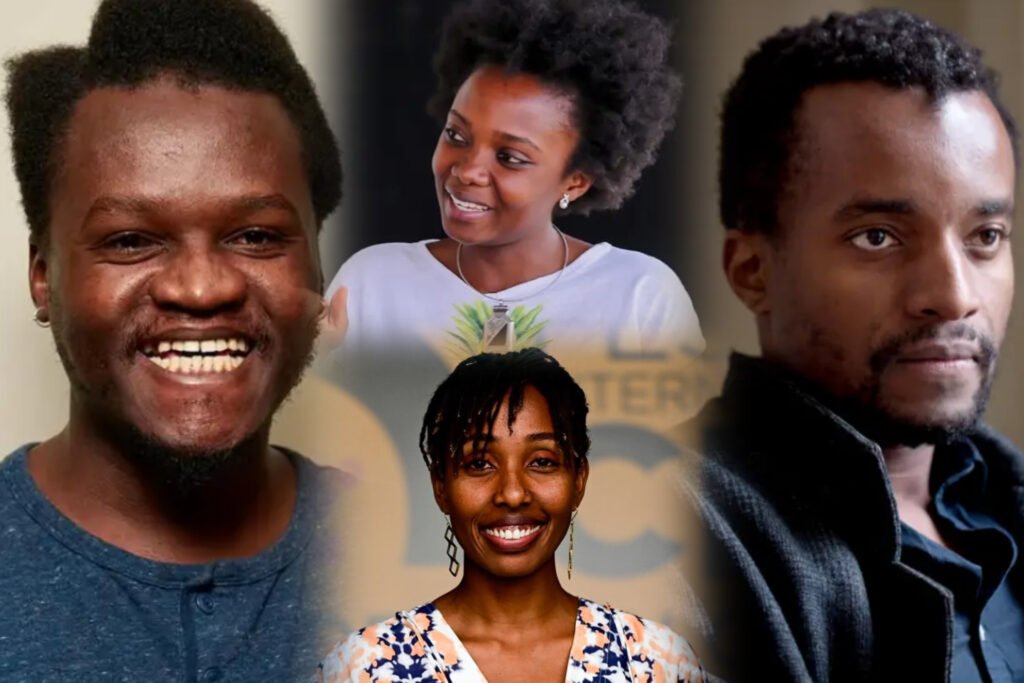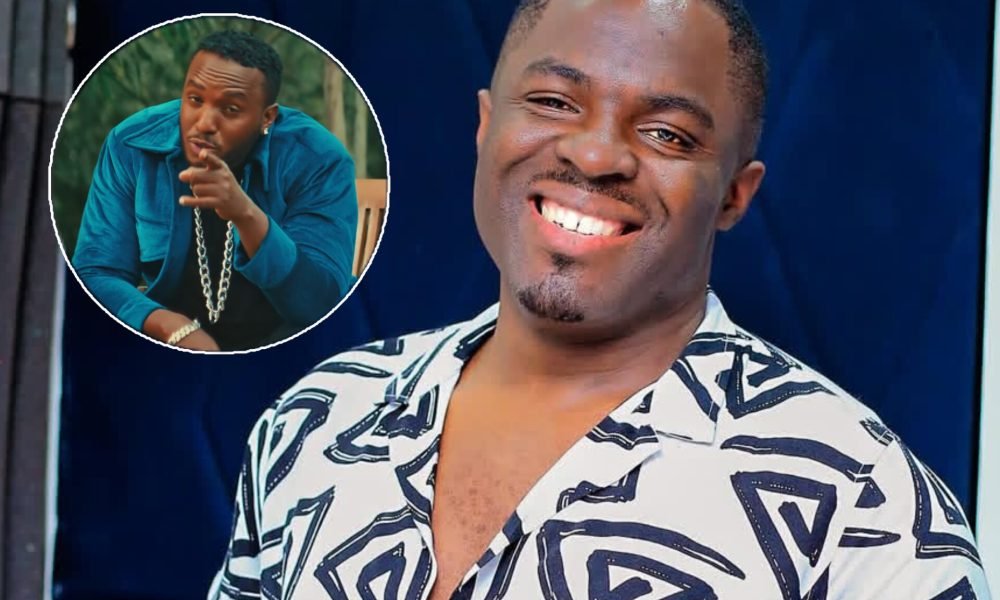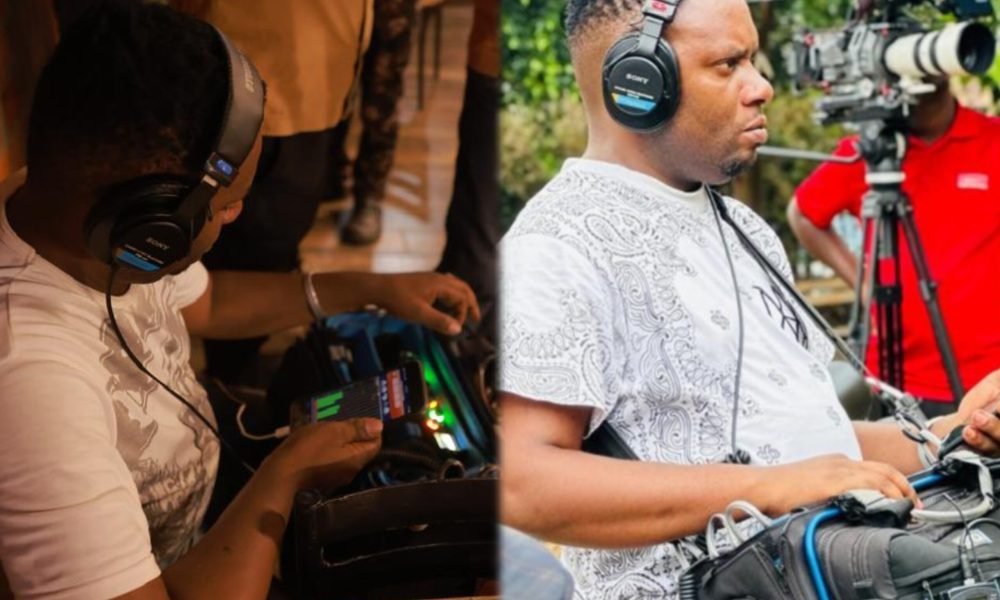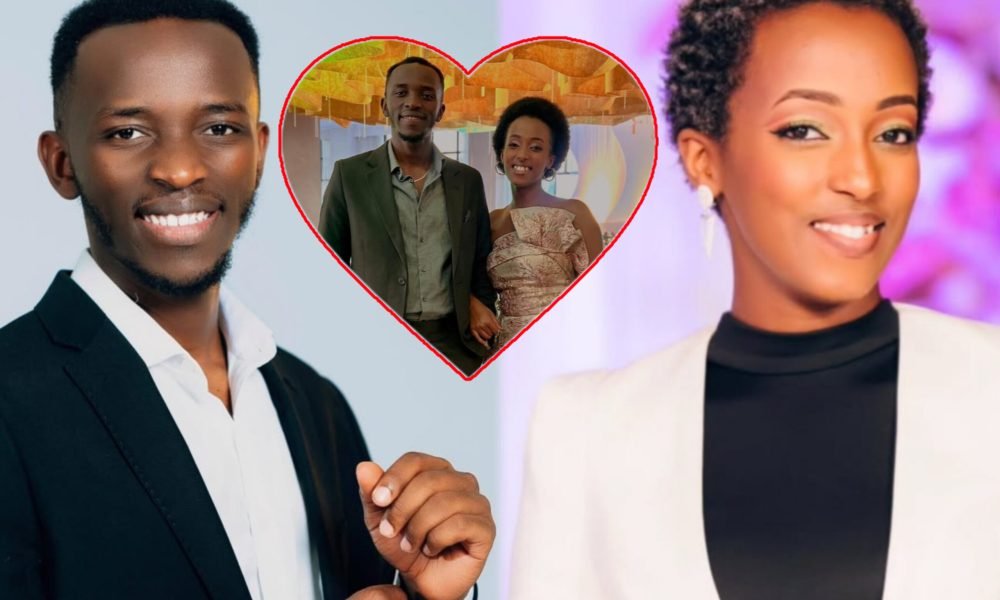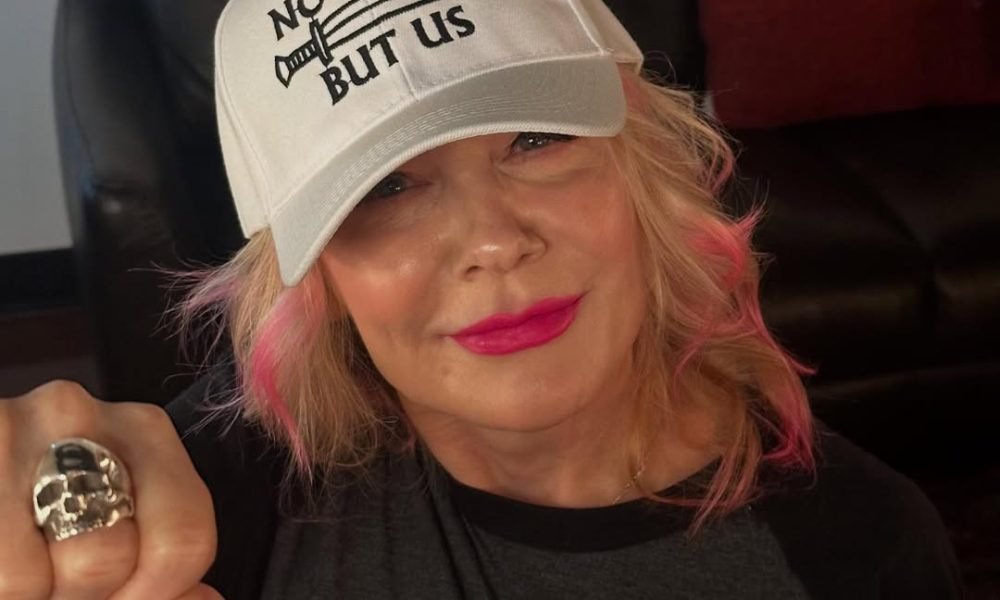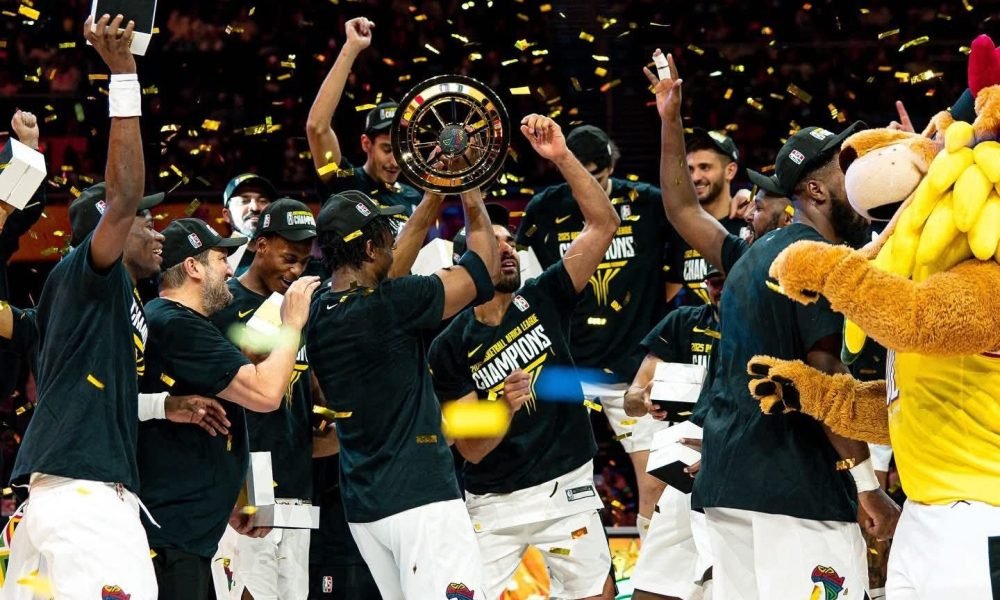Have you ever wondered who helps actors truly become their characters—who transforms scenes from mere words into unforgettable emotions? While actors bring stories to life, it’s the directors who guide the heartbeat of every film. They are the storytellers behind the lens, molding performance, shaping narrative, and ensuring that every moment on screen feels real.
In Rwanda, cinema is not just entertainment—it’s a powerful tool for healing, education, and self-expression. Though still in its early stages compared to global industries, the Rwandan film scene is growing rapidly, and its evolution is being shaped by a talented group of directors who refuse to play small.
These are the 10 standout Rwandan filmmakers whose work has helped define, develop, and direct the future of Rwandan cinema.
1. Kivu RUHORAHOZA
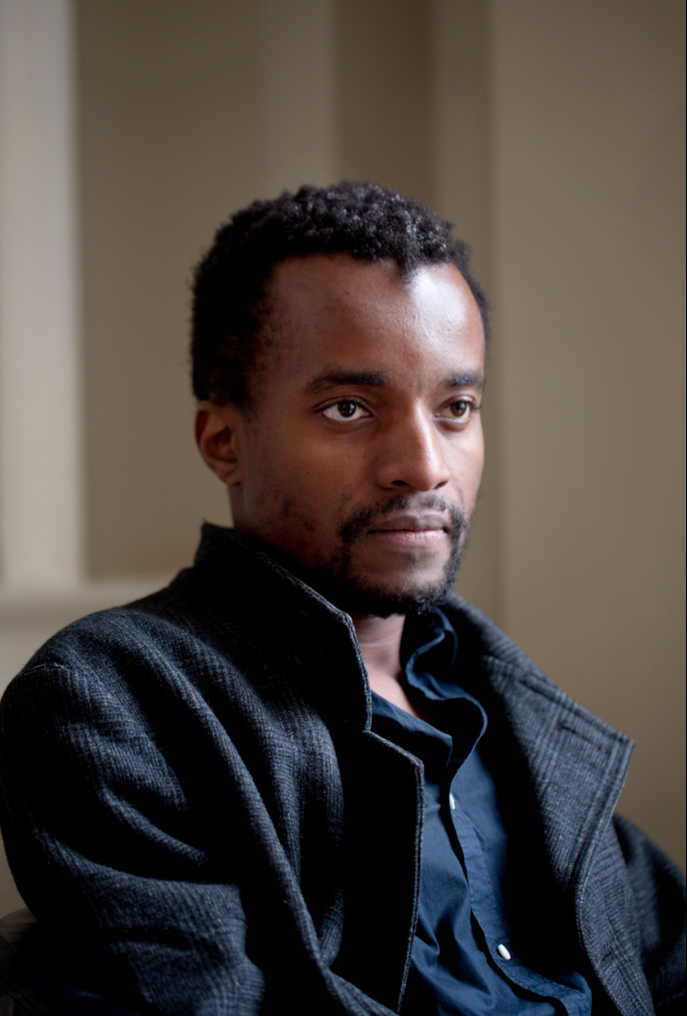
Notable Works: Grey Matter (2011), Things of the Aimless Wanderer (2014)
Themes: Post-genocide trauma, identity, power dynamics
Awards: Tribeca, Warsaw, Melbourne, Venice, Sundance (selection)
Born in Kigali in 1982, Kivu Ruhorahoza is one of Rwanda’s most internationally celebrated filmmakers. After working under veteran Eric Kabera and contributing to media outlets like CNN and BBC, he broke out with Confession (2007), a short film that won the City of Venice Award.
His debut feature Grey Matter explored the psychological aftermath of the Genocide against the Tutsi. Ruhorahoza’s work combines experimental narrative with deep socio-political commentary, making him one of Africa’s most distinctive cinematic voices.
2.Joël KAREKEZI
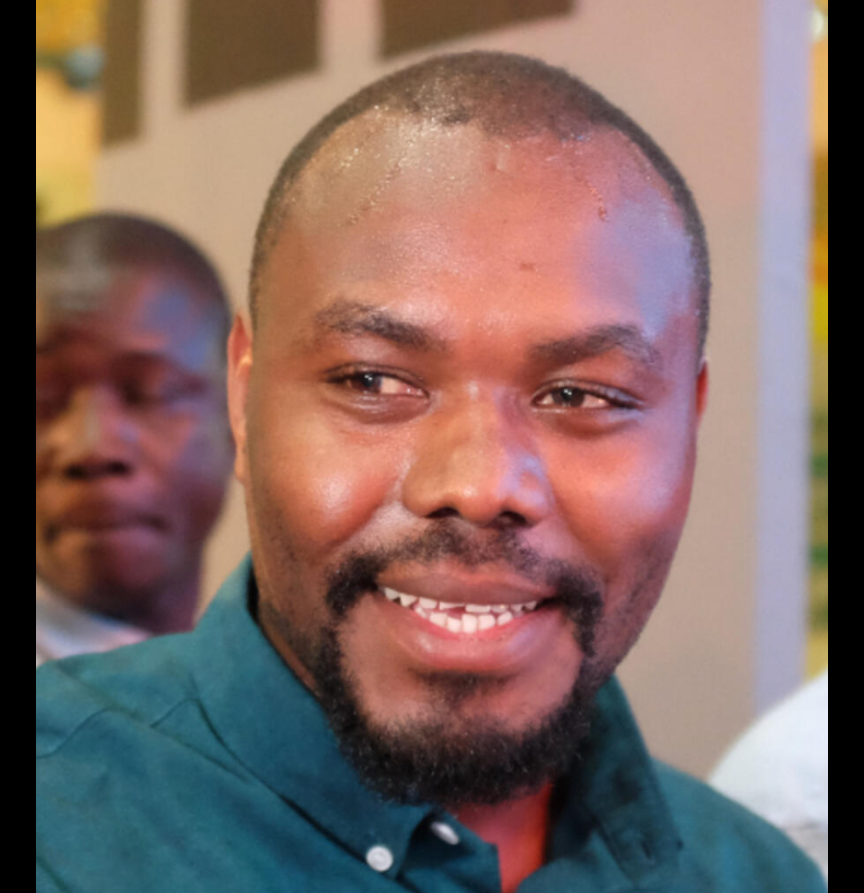
Notable Works: Imbabazi: The Pardon (2013), The Mercy of the Jungle (2018)
Themes: Forgiveness, war, brotherhood
Awards: Étalon d’Or de Yennenga (FESPACO), Africa Movie Academy Award, Silver Hugo – Chicago Int’l Film Festival
Joël Karekezi is known for tackling emotional themes with great nuance. His film Imbabazi: The Pardon tells the story of two friends on opposite sides of the genocide. The Mercy of the Jungle follows Rwandan soldiers lost in the Congolese jungle and received multiple international awards.
Karekezi’s works reflect Rwanda’s journey toward reconciliation and show the human cost of war through intimate storytelling.
3. Mutiganda wa Nkunda
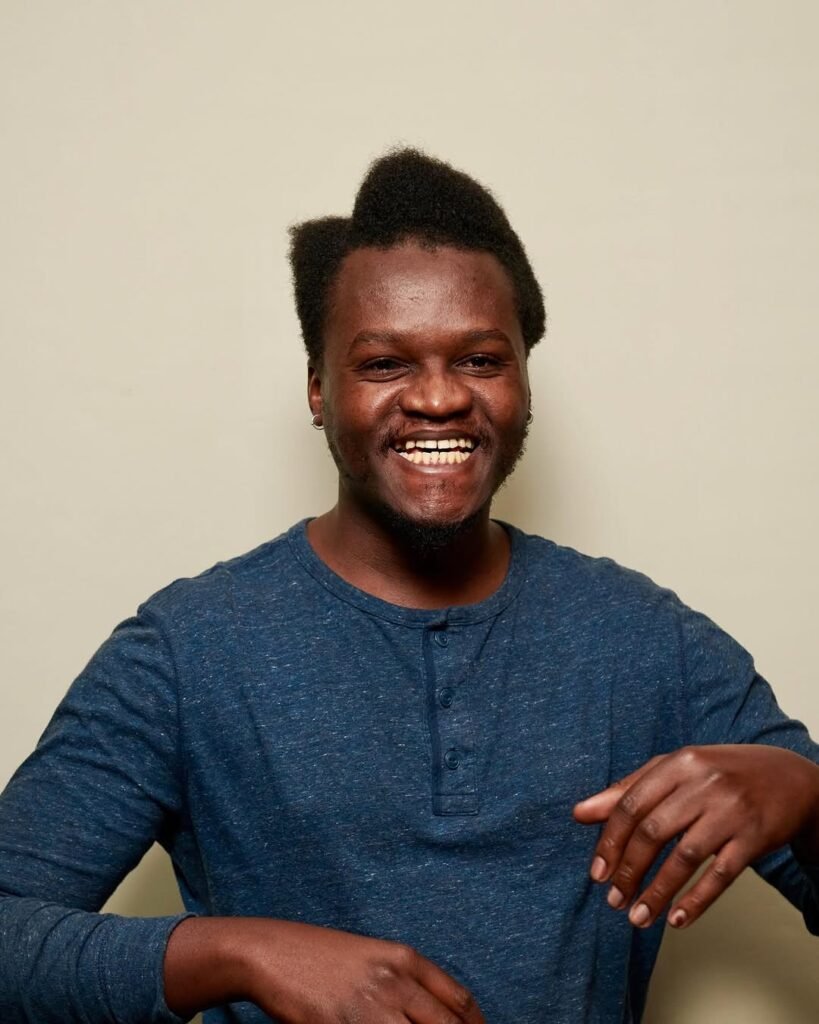
Notable Works: Rayila (2014), Nameless (2021), Seburikoko, Inshuti
Themes: Family, survival, social stigma
Awards: FESPACO (Best Screenplay – Nameless), Pan African Film Festival
Originally a journalist, Mutiganda transitioned into film with Rayila, a short tackling rape and HIV stigma. He made history with Inshuti, Rwanda’s first-ever sitcom, and later contributed to the fan-favorite Seburikoko. His debut feature Nameless won Best Screenplay at FESPACO.
Mutiganda also produced A Taste of Our Land, which won Best First Feature at the Pan African Film Festival. Through his production company IZACU, he uplifts local voices and promotes authentic Rwandan storytelling.
4. Roger NIYOYITA

Notable Works: Ejosikera, Ishusho ya Papa, Kaliza wa Kalisa, The Bishop Family
Themes: Contemporary life, family dynamics
Awards: Best Director – Mashariki African Film Festival
Roger Niyoyita began his career by working in various roles within the cinema industry. His breakout came in 2019 with the ambitious project Ejosikera. He followed this with Kaliza wa Kalisa, an adaptation of the Indian series Kareena Kareena, and The Bishop Family, which aired on A+.
Roger’s directing style is vibrant and accessible, blending commercial appeal with socially relevant themes. His ability to bring mainstream storytelling to local audiences has earned him both critical acclaim and mass popularity.
5. Marie Clémentine DUSABEJAMBO

Notable Works: Lyza (2011or Myself (2016), Icy)
Themes: Inclusion, trauma, identity
Awards: Thomas Sankara Prize – FESPACO, Carthage Film Festival, Tribeca selection
Dusabejambo stands out for her introspective, socially-driven narratives. A Place for Myself, which follows a young girl with albinism facing discrimination, won the Thomas Sankara Prize. Her earlier work Lyiza examined post-genocide reconciliation in school settings.
Her films are quiet but powerful—exploring everyday injustice and human dignity with care and artistry.
6. Myriam UWIRAGIYE BIRARA

Notable Works: Imuhira (2021), The Bride (2023)
Themes: Women’s rights, tradition, family
Awards: Novos Cinemas Festival (Spain) – Best Film & Best Director
With a background in finance, Myriam Birara found her true calling in film. Her debut Imuhira earned local recognition, and her recent film The Bride—a critique of bride abduction—won international awards in Spain.
She is emerging as a bold, feminist voice, challenging harmful customs and reclaiming women’s stories through cinema.
7. Richard MUGWANEZA

Notable Works: Nota Bene (2011), A Seed of Memories (2017), Muntu (in development)
Themes: Memory, diaspora, generational trauma
Awards: Tribute to Rwandan Cinema Award – Khouribga Film Festival
Montreal-based Mugwaneza is a skilled editor-turned-director who studied at Maisha Film Lab, Berlinale Talents, and Luxor Lab. His works like A Seed of Memories reflect diasporic identity and personal history. Currently, he is working on Muntu, a Telefilm Canada-supported project.
He also plays a key role in mentoring younger Rwandan filmmakers.
8. Ndimbira Claudine Shenge
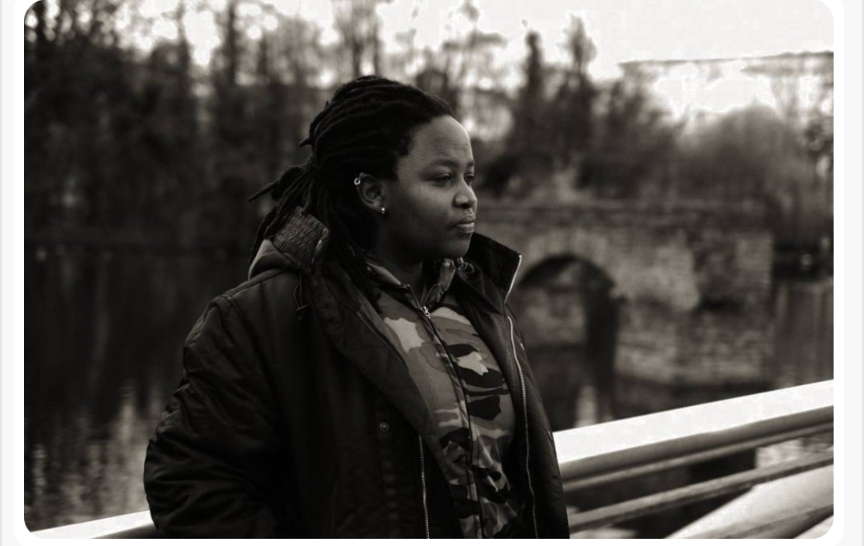
Notable Works: Nzaza, Hora Mama, Lend Me Your Voice (2021), Founders Valley (2023)
Themes: Displacement, climate change, gender
Awards: AFRIKAMERA, Vancouver Queer Film Festival
Ndimbira started writing at 15 and studied film at Kwetu Film Institute. She has since made a name for herself in the festival circuit with documentaries and short films tackling human rights and environmental issues.
Her poetic visual language stands out, giving her work a unique voice in African documentary cinema.
9. Cynthia Butare

Notable Works: Kickin’ It With the Kinks (2011), Ishimwa: From Bloodshed to Grace (2019)
Themes: Diaspora identity, healing, self-expression
Awards: International screenings in the UK, US, Nigeria, France
Swiss-born Cynthia Butare uses personal experience and cultural dialogue to inform her storytelling. Her documentary Kickin’ It With the Kinks addressed Black women’s experiences with hair and identity. Her film Ishimwa focuses on genocide healing.
Armed with a Master’s in Documentary Filmmaking, she bridges African heritage with global insight.
10. Amelia Umuhire
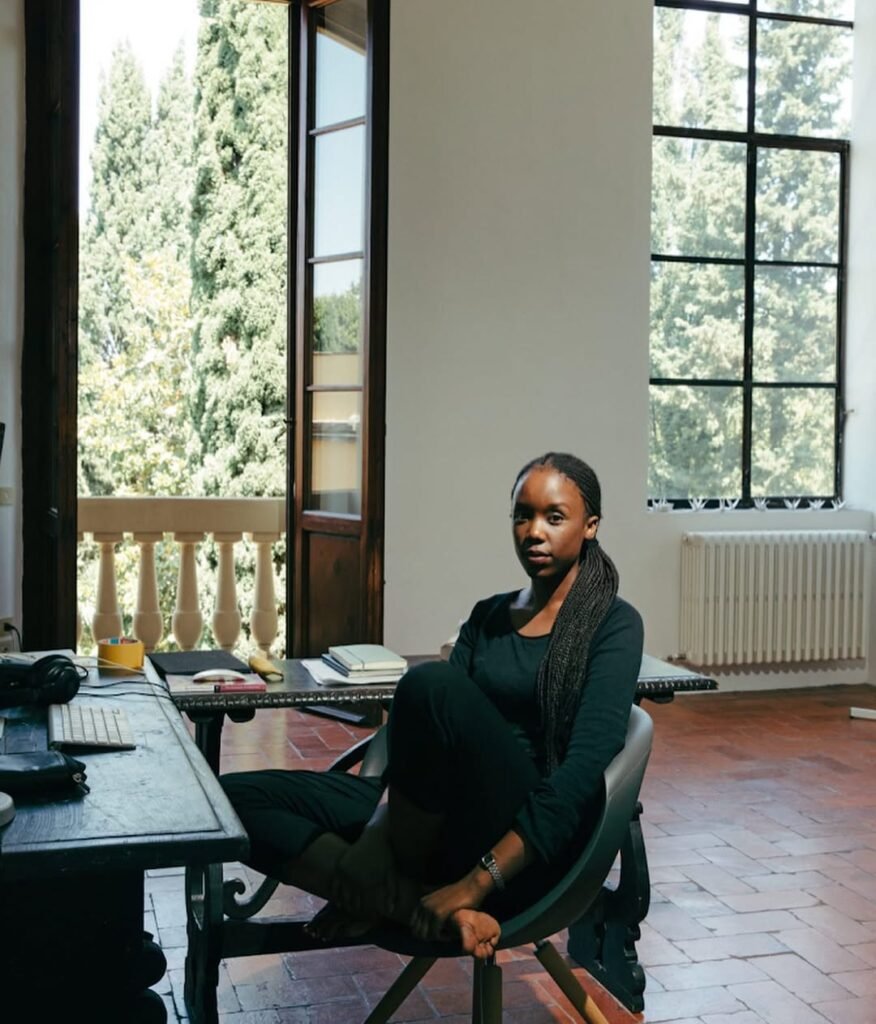
Notable Works: Polyglot (2015), Mugabo (2016), King Who (2019), Kana (2020)
Themes: Diaspora, creativity, experimental storytelling
Awards: Geneva Int’l Film Festival, Tribeca, Film Africa London
Based in Berlin, Amelia Umuhire is known for experimental and lyrical storytelling. Her web series Polyglot earned international acclaim, and she’s since directed art films and visuals for icons like Lauryn Hill.
Amelia’s style is non-traditional and poetic, exploring Black identity and memory through layered, creative visuals.
These ten directors are not just storytellers—they are architects of culture, memory, and imagination. Each of them, in their unique way, is helping define what it means to be Rwandan, African, and a global citizen through film.
As Rwanda’s film industry grows, these visionaries ensure that it doesn’t just expand—but evolves with purpose, voice, and soul.
Which of these directors inspires you the most? Or whose work are you excited to explore next?

